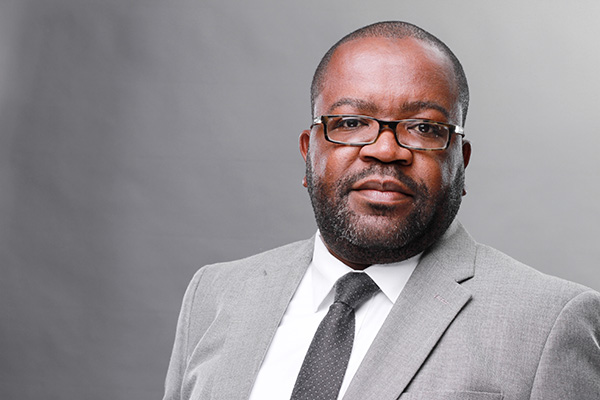Conversations we are not having – Conversations we need to have

Sometimes we cower under the guise of fidelity to scholarship while ignoring what we deem to be on the periphery. However, there are issues that we need to tackle that affect us directly, even if they are not directly under what we narrowly define as scholarship. We avoid topics as academics because they are not directly related to our work – or so we reason. For example, in learning, design and technology, educational technology, and instructional design, our focus is broadly on the intersection of technology and education. When we research, we focus on how the solutions we advocate for improve learning. We explore how our theories tell us more about how people learn best. So, when talks about racism, sexual harassment, wars, and other social issues arise, we sidestep them. If we don’t see them directly fitting into our research agendas, if they do not relate to the p-values, if they do not align with the research methods we are trained in or fit neatly into our perfectly shaped box of what we view as research, we sidestep.
The problem with this is that we miss opportunities, learning opportunities. Worse yet, we teach our students how to remain mute. Limiting my reflections to the societies and associations I am a part of, and where I attend conferences, I can say that we have sidestepped many calls for action. Here are just some that I feel we missed:
- With the MeToo movement
- As the people in Flint, Michigan, were fighting for water
- As the Black Lives Matter movement highlighted the killing of black people in the US
- When fees must fall, and statues around the world were falling to draw attention to colonialism and its impact
- When the Rwanda genocide was occurring and after
- As the conflicts in Mali, Yemen, Iran, and other places are happening currently
In all of these situations and for all these massive social calls, we mostly avoided looking at how these issues impact us as individuals and how they play out at our conferences. We mostly went mute or talked about these issues as a scholarship rather than looking inward. As a result, we have avoided, for example dealing with sexist and racist people in our organizations, and we continue to render people affected by these issues invisible.
These issues are impacting our learners, ourselves, and our colleagues. We produce scholarships on accessibility for online learning and education broadly. Yet sometimes there are no wheelchair access at the hotels where our conferences are held, no closed caption for our virtual sessions, and no sign language interpreters at our valuable keynote addresses. Some of us must explain where we are from and what degrees we have before we are listened to because our womeness, blackness, foreignness, and Afrikanness are not valuable enough currency to pay the price of admission to the conversations. Rather than having their kickass research and amazing findings as the focus, some are harassed by predators in the conference hallways. Some must spend extra time justifying why their indigenous and decolonial methodologies yield valuable data.
As you can probably tell, I am still struggling with out how clearly articulate what I’m mulling over in my head about what we need to do. But, what I am arguing here is that we need to relook at what we consider as our scholarship and what is on the periphery of our research. We need to start having some of these conversations that we are not having, and if maybe these conversations are taking place and I am just not plugged into them, I then have to do a better job of seeking them out.


I agree with you, Tutaleni.
I also agree with your reflection.